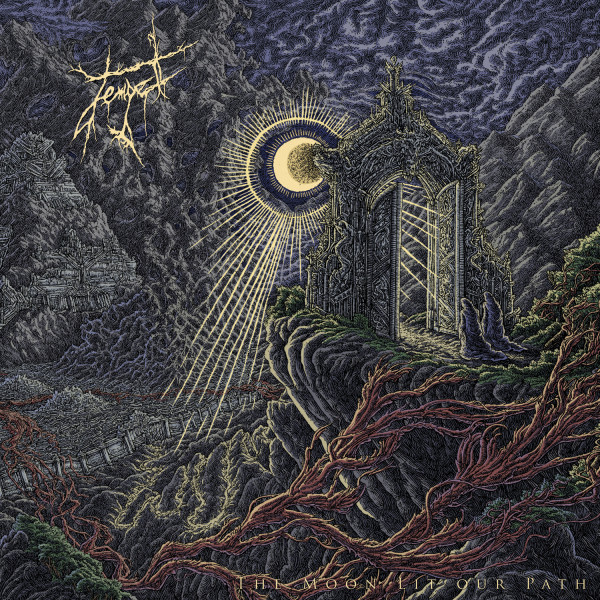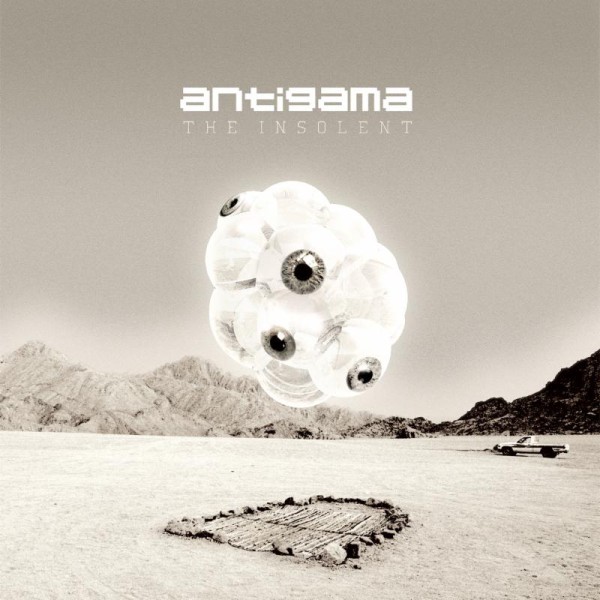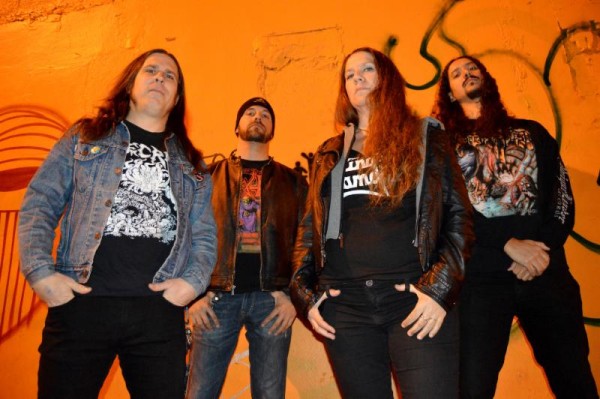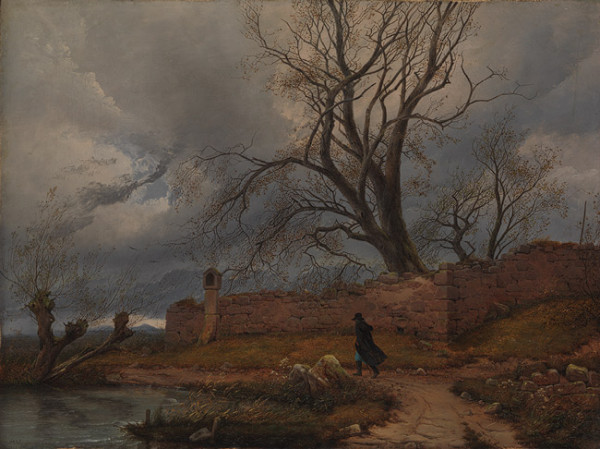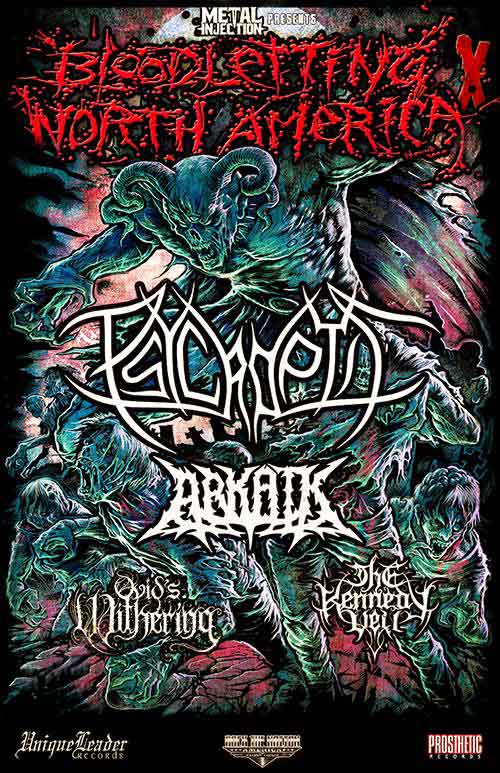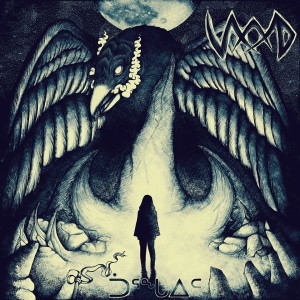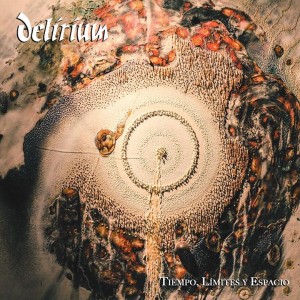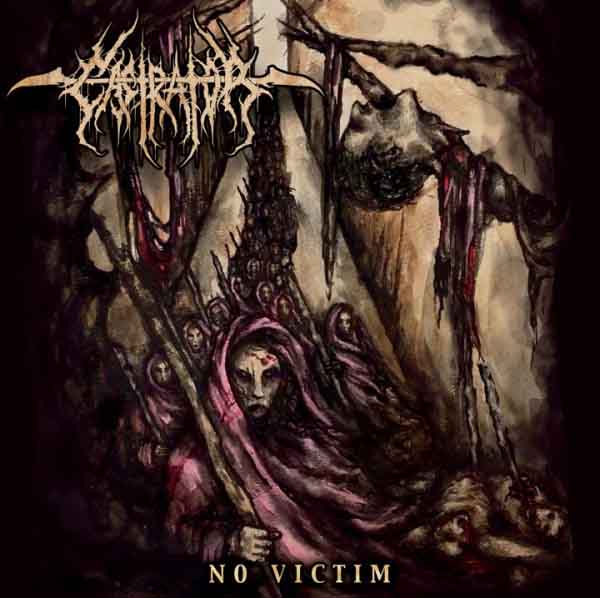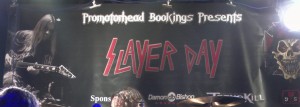
Any metal fan should hang their head in shame for missing out on Promotorheads ”Slayer Day”. Pissing down rain, a two hour train ride, followed by a 20 minute bus trip, set the afternoon in motion (no pun intended).
Arriving at the Bald Faced stag for my first time, I must say it wasn’t as pretty as I’d imagined it to be, BUT Damn, what an AWESOME $10 lunch. 3.30pm usually my time to be getting washing off the line, feed our mini zoo, and hear all about the days events in the primary school yard .
First to grace the stage was Billabong of Blood. Their mixture of soft/hard vocals had some boots stomping.
Next was War of Attrition, and holy shit did they have my camera shaking. Vocals to make your ears bleed, and have any good Christian running for their crucifix. I must admit my favourite of the night, and still have me rambling on .
What was to follow, could not be described by mere words. My pen surely is not mightier than the sword. I still can’t believe it myself, the sheer talent, out of this world sound and the stage presence. You’d be thinking “why the hell aren’t we in some big arena worthy of such a musical encounter?” However, looking at the crowd, seeing patch work denim, black leather jackets and more hair than all of Dolly Parton’s wigs put together, made me proud to be a metal head from the 80’s.
Strangers lined the front of the stage, arms over shoulders of strangers banging heads, timing to perfection. As the line moved, knocking an older head banger to the ground, everyone stopped & offered assistance, picked him up and then returned to their original position. Proving yet again, never Judge a book by their tattoos ,long hair or the strange clothes they wear.
Of course no Slayer Day would ever be complete without some actual Slayer being played. That my friends, was where Murder-World would have left Gordon Ramsey speechless. You’d be hard pressed to find any more “”metal horns”” raised by a whole room full of people. Two fingers have never meant so much, nor held so high, as they were during one of the most outstanding kick in the guts covers of Slayer, I’ve ever seen, let alone heard .
Now, no review would ever be complete without a word or two about the Promoter, Promotorhead Bookings . Firstly, Trudy, your knowledge of metal, your way with words, passion, hard work and dedication, holds you at the top of your field. Slayer Day has set the bar so high, others will need a javelin stick just to see what you did. Forget inviting bands to play at your next gig I’m sure they are already calling you.
A short clip of Murder World at the show can be watched here.
3 CommentsTags: 2015, Asia, Billabong of Blood, concerts, jeff hanneman, May 2, metal, Murder World, Promotorhead Bookings, Roz, shows, slayer, Slayer Day, Sydney, Trudy, War of Attrition
